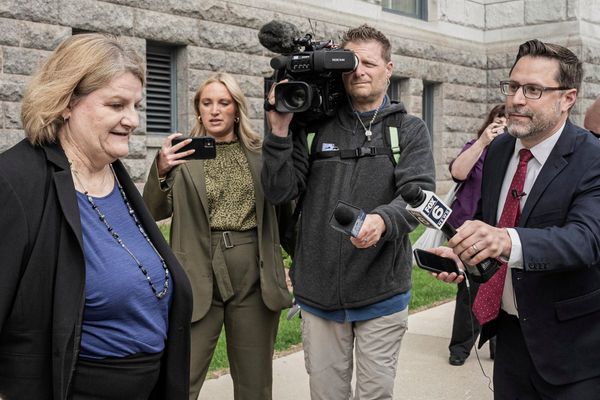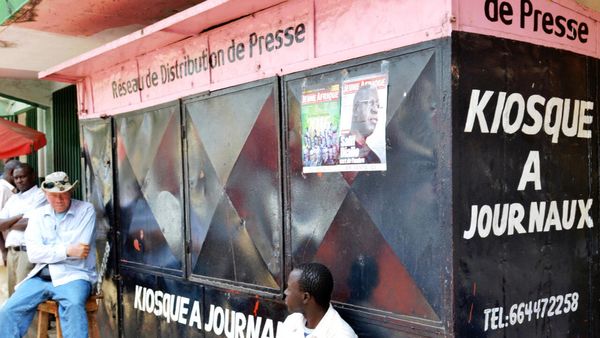
The death of Chinese actor Yu Menglong has gripped Asia and sparked widespread speculation online. The 37-year-old performer, best known for his roles in historical dramas and his music career, was found dead on 11 September after falling from a building in Beijing's Chaoyang district.
Authorities said the death was accidental and linked to alcohol consumption. Police reviewed CCTV and forensic evidence and found no sign of criminal involvement. However, the ruling has not quelled debate on social media, where false rumours have circulated suggesting a far darker end for the actor and his two pet dogs.
Some posts claimed Yu and his pets were tortured and killed in a ritual-style attack, a claim police have dismissed as false. Officials have warned against spreading 'fabricated information', yet the limited details released have left many online unconvinced.
Official account of the death
Police in Chaoyang said Yu's death resulted from a fall from height while under the influence of alcohol. Officials stated: 'After on-site inspection, forensic examinations, interviews and video surveillance, no evidence of criminal involvement has been found.'
Yu's mother later urged fans to remain calm and 'view this incident rationally', asking for privacy and for her son's memory to be respected, CNA Lifestyle reported. State run outlets, including the Global Times, repeated the police conclusion.
Unverified claims online
In the days after Yu Menglong's death, unverified online reports claimed his fall was linked to an organised attack. Some posts alleged that his dog, reportedly named Fuli, was beaten in front of him and that footage of the incident was circulating on the dark web, according to reports from TorNews, an online forum.
Outlets such as People News and Taiwanese entertainment sites repeated the claims but noted that no authenticated footage has ever surfaced. Beijing authorities described the rumours as 'fabricated' and detained three people for spreading false information. No public record links Yu's death to any criminal act, and police said the family did not contest their findings.
In early October, screenwriter Wang Yucen, who said Yu once helped her during a personal crisis, told followers that both of Yu's dogs had since been adopted and were safe. She declined to reveal their location, citing respect for privacy, according to 8days. Her statement reassured many fans while contradicting claims that the animals had been killed.
Censorship and speculation
Observers say the controversy reflects the tension between public curiosity, censorship and trust in official investigations. Limited transparency around forensic findings and the swift removal of online discussions have encouraged speculation. Some users argue that the lack of detailed information fuels conspiracy theories, while others warn that sharing false rumours risks further distress to Yu's family.
Yu's fame has intensified public interest. With millions of followers across Asia, his sudden death and the swirl of conflicting narratives have exposed the challenge Chinese authorities face in managing online debate around high-profile figures.
Will never give up , JUSTICE FOR YU MENGLONG AND HIS DOG FULI 😡😭💔💔
— Kelly L (@KellyLee1788224) November 1, 2025
On the night Yu Menglong was tortured and murdered, his dog was also killed! A female screenwriter, Ms. Jiang, is also suspected of killing Yu Menglong! We need everyone to sign this petition for the Menglong case! 🙏😭🐟 pic.twitter.com/sXAMhjPD0X
— Olivia (@wart802) October 27, 2025
The following videos all contain information about Yu Menglong's abuse.
— Peipeipei (@Peipeilevel) October 22, 2025
They also include cries from a man whose dog was tortured to death. No life should be treated this way.
Every life has a fundamental right to survive.#YuMenglong #NYC#Animalhttps://t.co/fpBpovSxjc pic.twitter.com/xQaBsnWi8d
Transparency and trust
Yu Menglong's death has reignited discussion about transparency and accountability in Chinese investigations. While police maintain that the incident was an alcohol-related accident, no credible evidence has emerged to support the torture allegations.
The only confirmed information remains the official finding of an accidental fall. The case stands as a reminder of how quickly online speculation can outpace verified fact.







